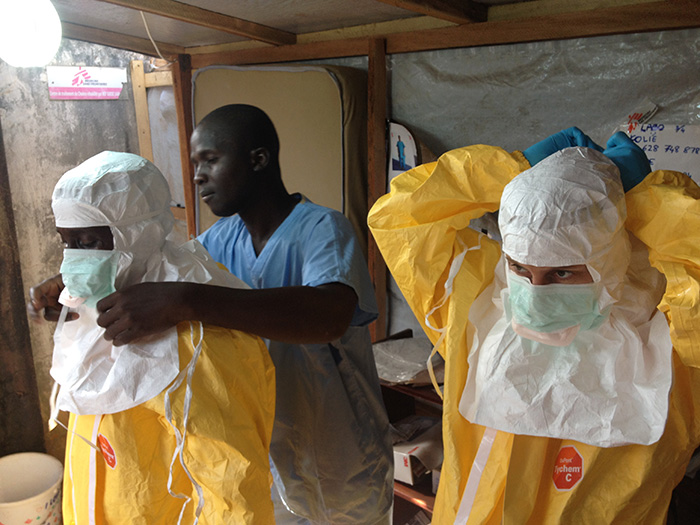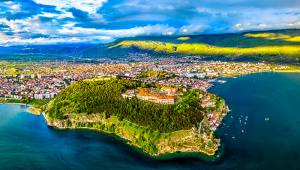ebola-team-c-european-commission-dg-echo.jpg

A medical team during the Ebola outbreak. Credit: European Commission
EU member states and other participating European countries can make medical teams and assets available for mobilisation before an emergency strikes through the EMC, which the European Commission said will ensure a faster and more predictable response.
“We need to learn the lessons from the Ebola response,” said Christos Stylianides, commissioner for humanitarian aid and crisis management. “A key difficulty was mobilising medical teams. The aim of the EMC is to create a much faster and more efficient EU response to health crises when they occur.”
The EMC might include emergency medical teams, public health and medical coordination experts, mobile biosafety laboratories, medical evacuation planes and logistical support teams and will be deployed both within and outside the EU.
So far, Belgium, the Czech Republic, Finland, France, Luxembourg, Germany, Spain, Sweden and the Netherlands have committed teams and equipment.
Stylianides encouraged more countries to take part to allow the EMC to meet increasing needs and enable better planning and preparation before a disaster.
The idea was born out of a suggestion by France and Germany in the wake of the challenges arising from the Ebola crisis. They proposed the “White Helmets” initiative, a voluntary pool of doctors and medical staff.
This laid the foundations for the European Emergency Response Capacity, a mechanism that aims to step up the EU’s preparedness to respond to disasters by pooling staff and resources, which the EMC will be part of.













